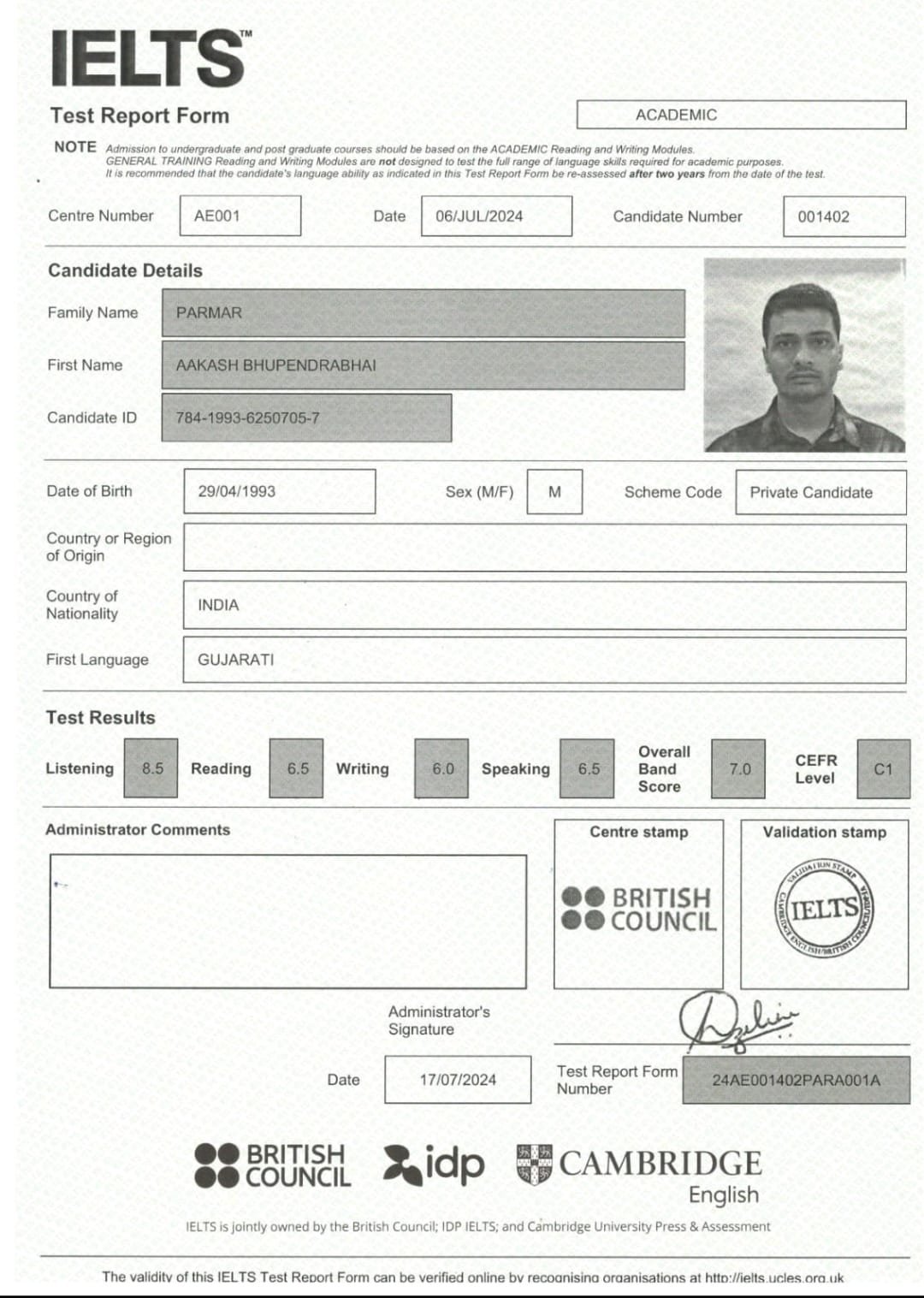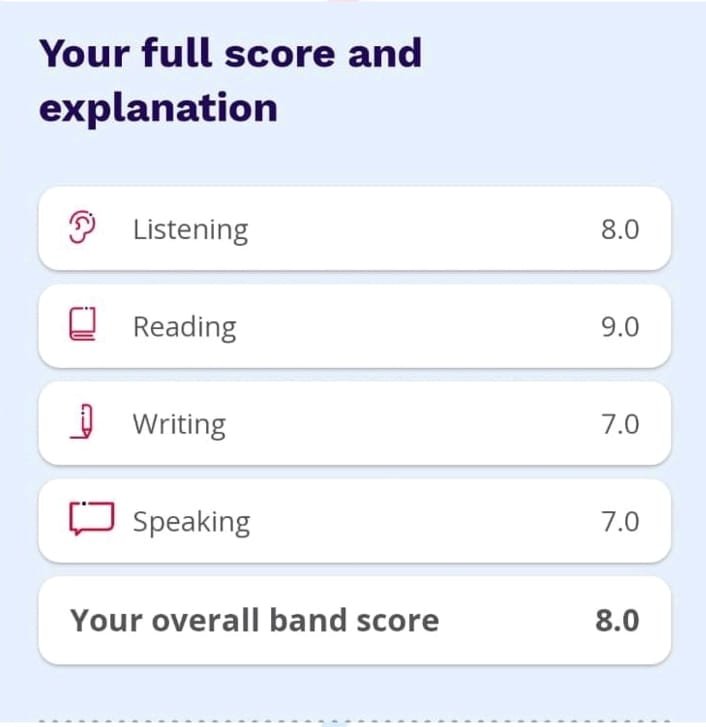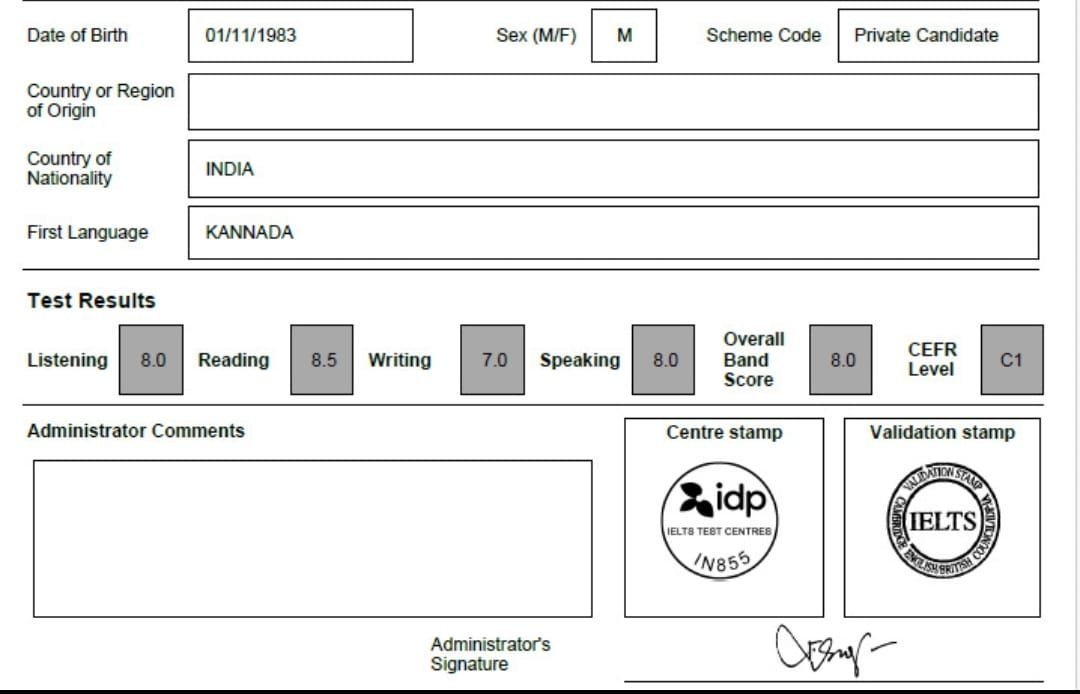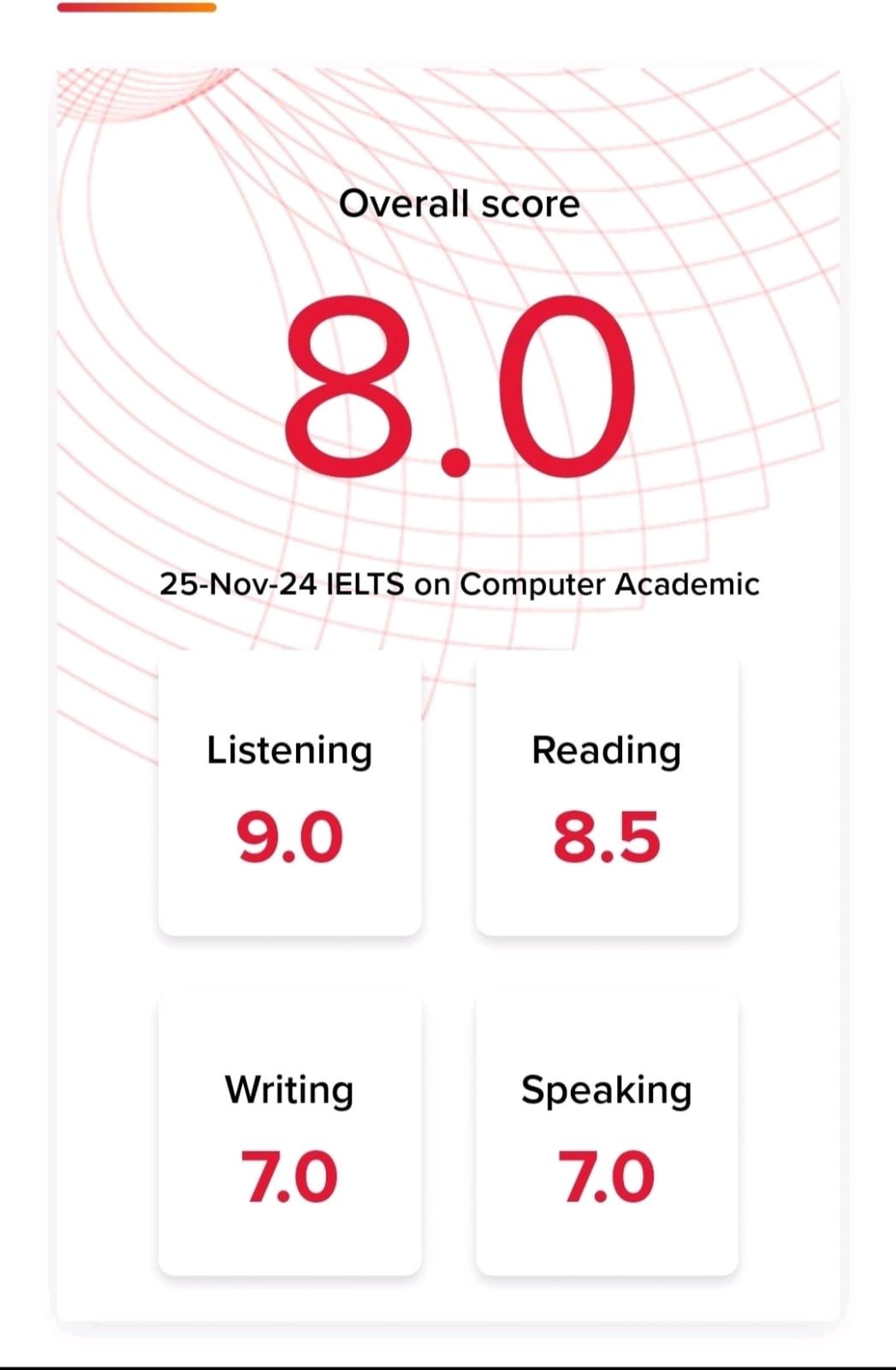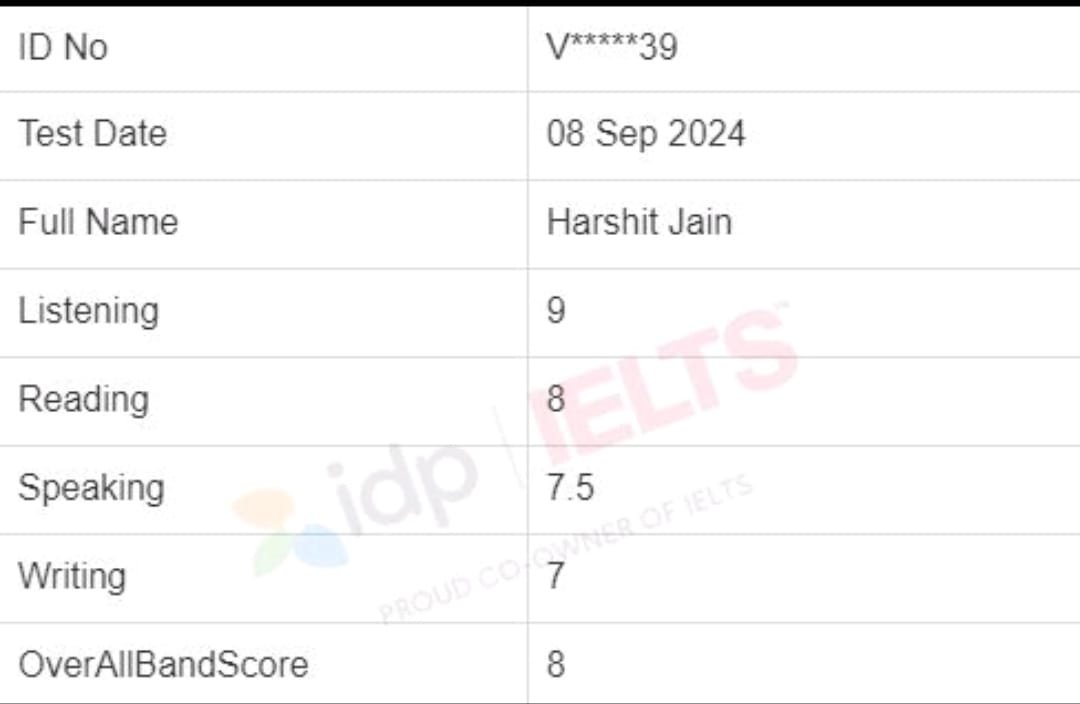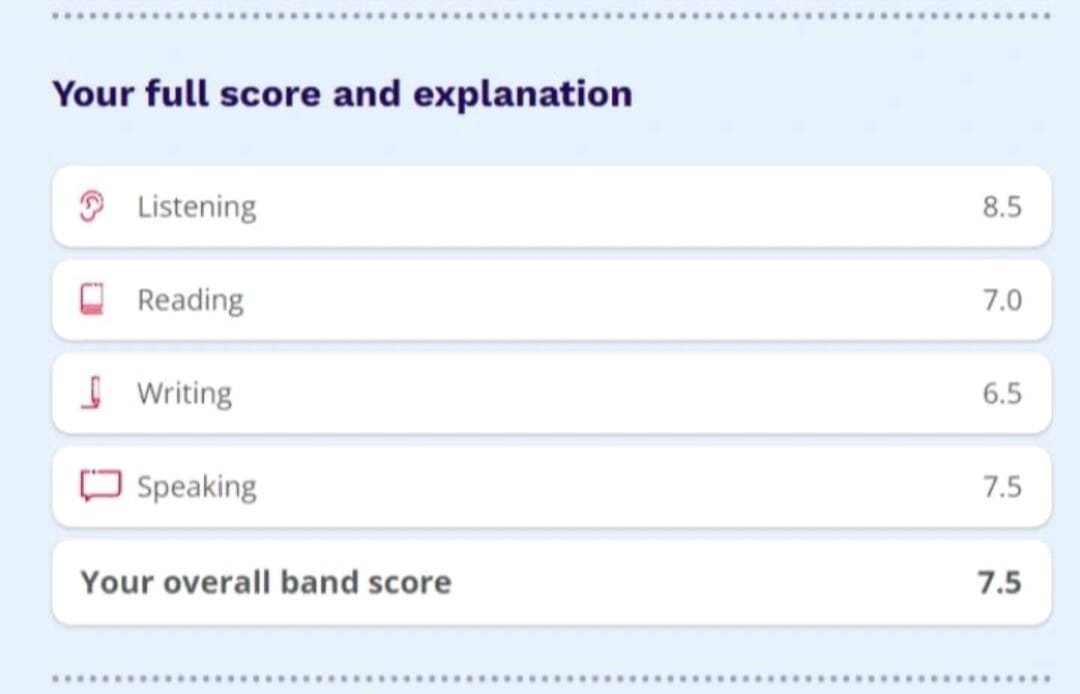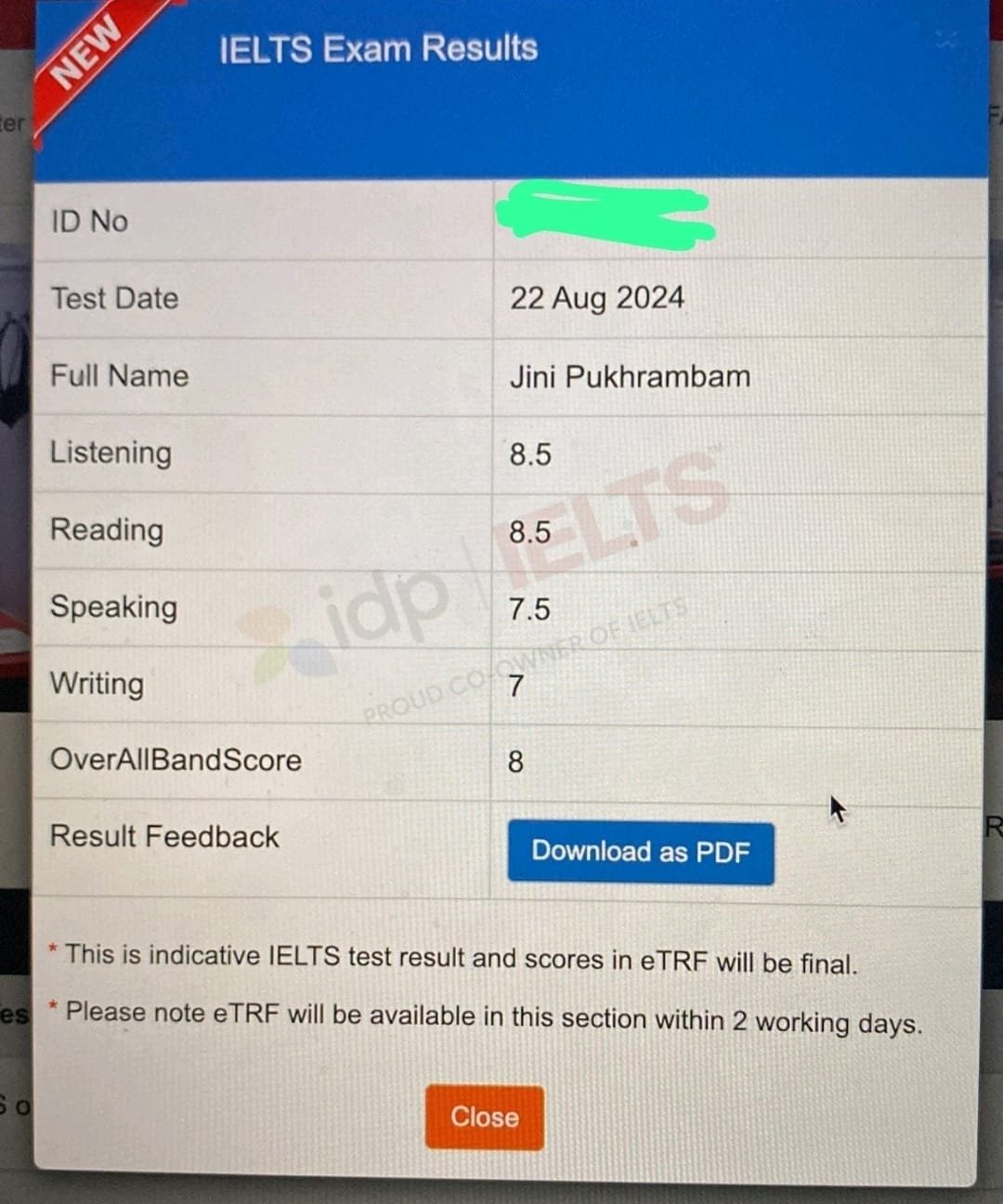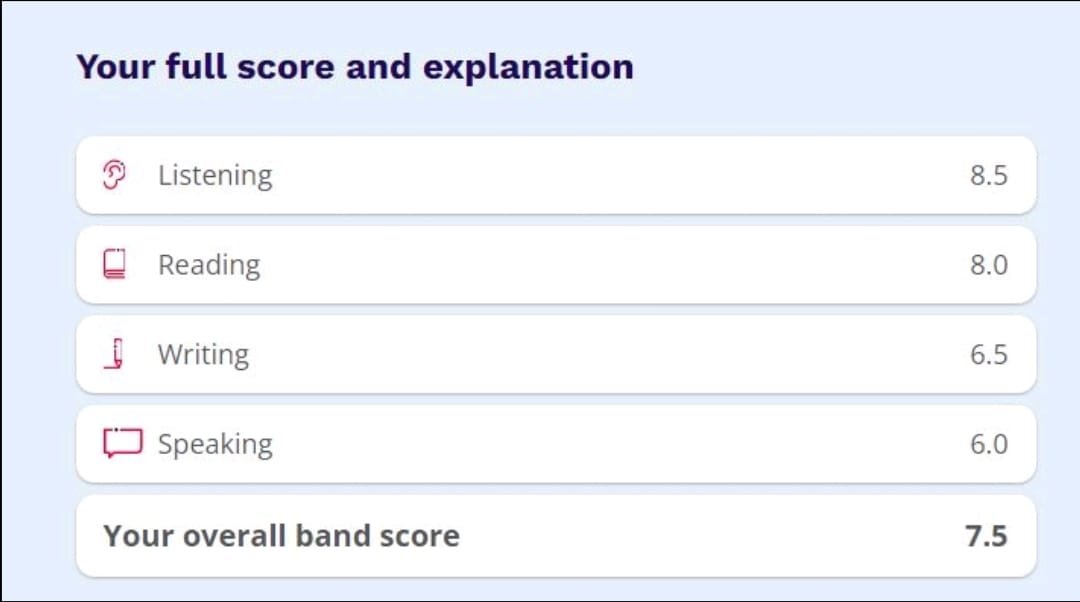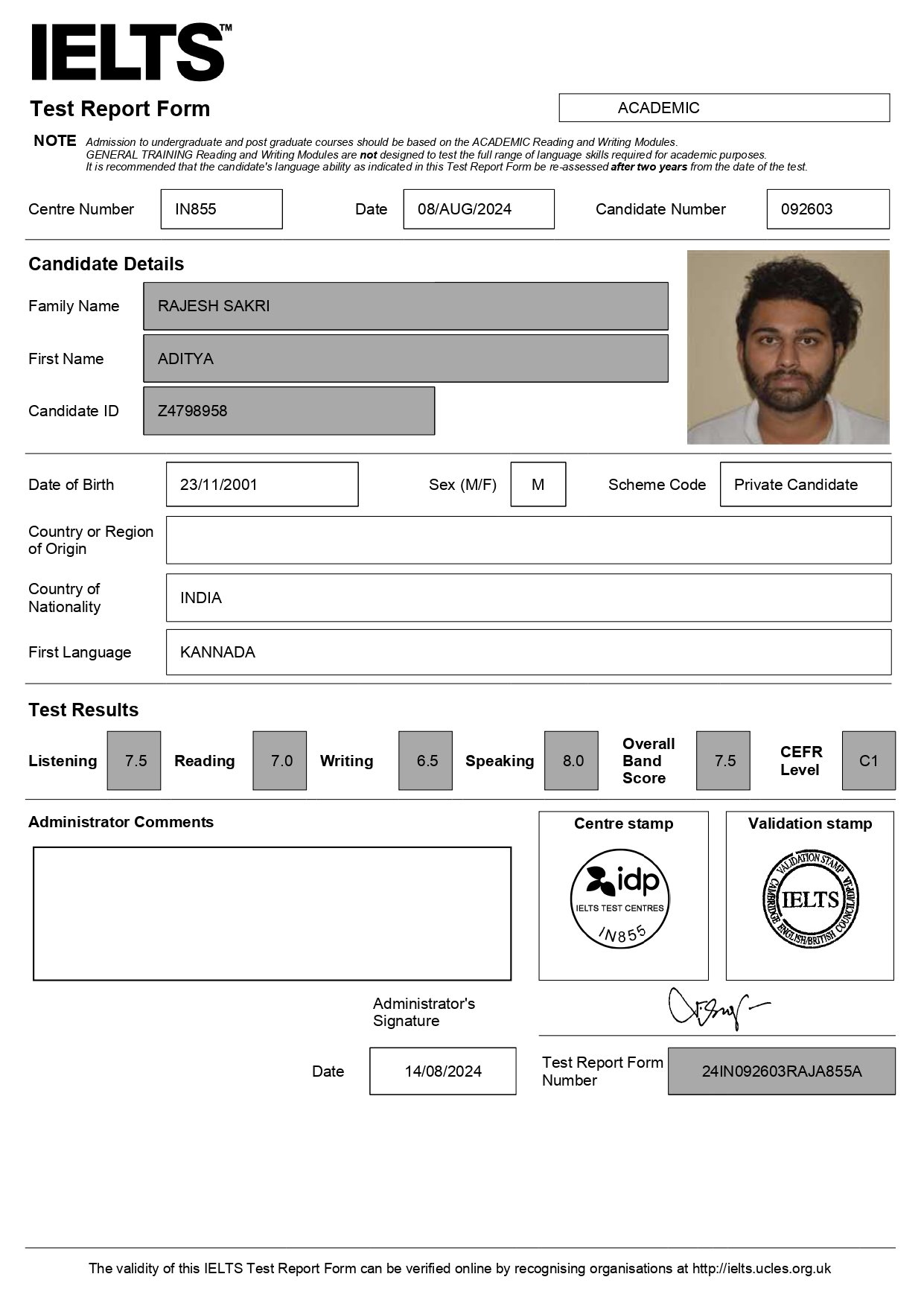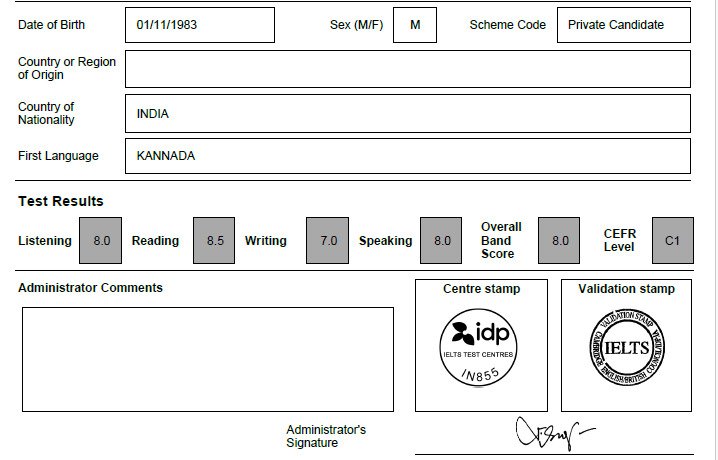
In the IELTS speaking test, there are three parts: 1. introduction, 2. cue card, and 3. follow-up questions. In the cue card part, you get a topic, 1 minute to prepare, and 2 minutes to speak. Over my 13 years in the profession as an IELTS instructor, during the speaking task, an exam candidate can be assessed against four areas: pronunciation, vocabulary, grammar, and fluency.
The IELTS four branches evaluate listening, speaking, writing, and reading abilities to ascertain whether a student can cope in any setting outside one’s habitat, either in environmental practice or through study. While amongst those sections, the speaking part is the most cross-thought-of section, mainly the cue-card round of part two.
The cue card topics could be burdensome since they are expressly set to really test you on these skills: fluency, vocabulary, grammar, and pronunciation. In this blog, I am going to help you on how you can confidently answer a cue card topic like “an article you have read about health” with the help of model answers. Let’s begin, and don’t get scared; I’ve got you covered!
Talk About an Article Which You Have Read About Health – Tips
What was the article? And when and where did you read it?
What did you learn from the article?
Why do you think it is a good or bad article?
1 Sample – Talk About an Article Which You Have Read About Health
Introduction:
Personally, I liked reading articles, blogs, and magazines that had meaningful content and motivated me to bring better changes into my life. Lately, I found a most interesting article on my mobile, while scrolling it. So here it is for you.
What was the article? And when and where did you read it?
A few weeks back, I was confined to the house as there was a lengthy power cut, and I did not have much to do. For the sake of time pass, I decided to start browsing on my cell phone. That is when I came across an article headed “The Power of Staying Hydrated”. The author, Dr. Arora, is a renowned nutritionist; this title just jumped at me because I always find it difficult to drink my daily amount of water.
What did you learn from the article?
This article was just so eye-opening. Dr. Arora described, in his detail-oriented way, how hydration is important for overall health. She also pointed out, like the alkalinity of water, the many benefits of drinking water regularly including increased energy, better skin, and improved digestion. She also said that dehydration can result in headaches, fatigue, and lack of concentration — all things I’ve experienced before.
The most useful part of the article was Dr. Arora’s practical tips for making drinking water a habit. She suggested setting reminders on our phones, carrying a reusable water bottle, and even infusing water with fruits to make it tastier.
Why do you think it is a good or bad article?
I thought it was a very informative and well-explained article. Not just problems, but realistic and simple solutions, too. But her tone was encouraging and the examples she shared were relatable, so it was an enjoyable read. I’ve started following her advice after reading it and already feeling the benefits that I’m more energetic and able to do all the things in one day.
This article really inspired me to take better care of myself, and I think it’s a great piece of writing that anyone would find useful.
2 Sample – Talk About an Article Which You Have Read About Health
Introduction:
I feel the charm of such materials that are indeed pushing me to gain an expert-natured living, and I did come into contact with a mesmerizing insight that would be imprinted into my mind. It was not planned by me to read, but it kind of helped.
What was the article? And when and where did you read it?
I was at my friend’s place last month and was waiting for him to conclude a meeting. To waste my time, I picked up his laptop and started surfing a blog page. One of the articles I found was called “The Benefits of Starting Your Day with Yoga.” It had been written by a fitness expert, Mrs. Sharma, who helped spread the concept of holistic wellness.
What did you learn from the article?
The article was about how morning yoga can create a great impact on a person’s day. According to Mrs. Sharma, yoga could increase flexibility, reduce stress levels, and increase concentration, particularly when done in the morning. She included beginner-friendly poses such as Surya Namaskar and the child’s pose.
What I found most useful was her elaboration on the mental benefits of yoga. She told about real-life examples of people who overcame anxiety and heightened their productivity by simply devoting 20 minutes of their day to yoga practice.
Why do you think it is a good or bad article?
I think it was a wonderful piece of writing that inspired me to give yoga a place in my daily routine. The language used therein was simple, and the practical tips offered by the author were easy to apply. I’ve started trying out some yoga poses since reading it, and I feel less anxious and more focused throughout the time I’ve been at it. All in all, it was an inspiring and educational read that hit me at the right spot and time!
3 Sample – Talk About an Article Which You Have Read About Health
Introduction:
I’m always interested in developing my health, and I do read articles that suggest simple and practical tips. A couple of weeks ago, while waiting in a doctor’s office, an article in a magazine captured my attention, and here I am now, discussing it.
What was the article? and when and where did you read it?
The article was called “Sleep–The Secret to a Healthy Life,” and I found it in a health magazine in the waiting room of the clinic. I was already feeling exhausted that day, and that title struck a chord with me because I was quite aware that my sleeping habits were not up to par. Written by Dr. Mehta, a leading sleep therapist, the article provided very interesting insights on the topic.
What did you learn from the article?
Dr. Mehta explained how lack of proper sleep affects both mental and physical health. I learned that adults need at least 7 to 8 hours of sleep to function properly. She mentioned how poor sleep can lead to stress, weight gain, and even weaken our immune system.
What resonated with me the most was her tips for enhancing sleep quality. She recommended sticking to a consistent sleep schedule, steering clear of screens before bed, and creating a calming sleep environment. I also learned that even brief naps during the day can help refresh our minds.
Why do you think it is a good or bad article?
I think this was such a good article as it discussed an ordinary problem that most of us tend to overlook. The tips offered were practical and easy to implement. After reading the article, I made a few modifications to my routine-like putting away my phone before going to bed and now I sleep much better. It is one of those articles that stay with you and actually make your life better overall.
Talk About an Article Which You Have Read About Health – Follow-up Questions
1. Why do different people prefer different types of magazines?
Interests and hobbies are, in today’s world, highly unique and specific to individuals. Someone who is interested in sports would naturally lean toward reading sports magazines, while someone who is keen on fashion would usually prefer fashion magazines to stay updated on the most current trends.
2. What types of magazines do teenagers usually prefer?
Magazines that review sports, sketch out the lives of celebrities and discuss style intricacies appeal to teenagers. These topics sustain their interests and plug them very much into trends and popular culture.
3. What is the difference between information on TV and information in magazines?
The most striking difference between the two is that TV updates are brief and snappy; magazines provide in-depth, background stories on various issues within the last week or month.
4. Do people like to read information on the internet?
Many people, particularly members of the younger generation, openly admit that they would prefer reading on the internet. Youths love new media platforms, e-readers, reading e-books, and online articles in place of their traditional printed counterparts.
5. Do people still buy magazines in your country?
Yes, even though many people consume content online, there are still individuals who enjoy the feel of a physical magazine. They prefer the experience of holding and reading printed material, so magazines continue to have a presence in my country.
6. Do you think people today are healthier than people in the past?
In my opinion, people are much healthier today than a few decades ago. The increase in life expectancy places a seal on my statement because advancements in medical science and growing awareness of health have encouraged people to take better care of themselves.
7. Do you think we need to change our lifestyle to improve our health?
Absolutely! Our lifestyle has strong linkages with our healthy body and life. That’s to say, that directly depends on the style in which we are living. To maintain healthy lifestyles, necessary changes need to take place such as better consumption, exercising regularly, or maintaining good stress management.
IELTS Cue Card Topics
Describe an Exciting Book That You Enjoy Reading
Describe A Skill That You Can Teach Other People
Describe a Volunteering Experience You Have Had
Describe a Bag You Want to Own
Describe Your First Day at School
